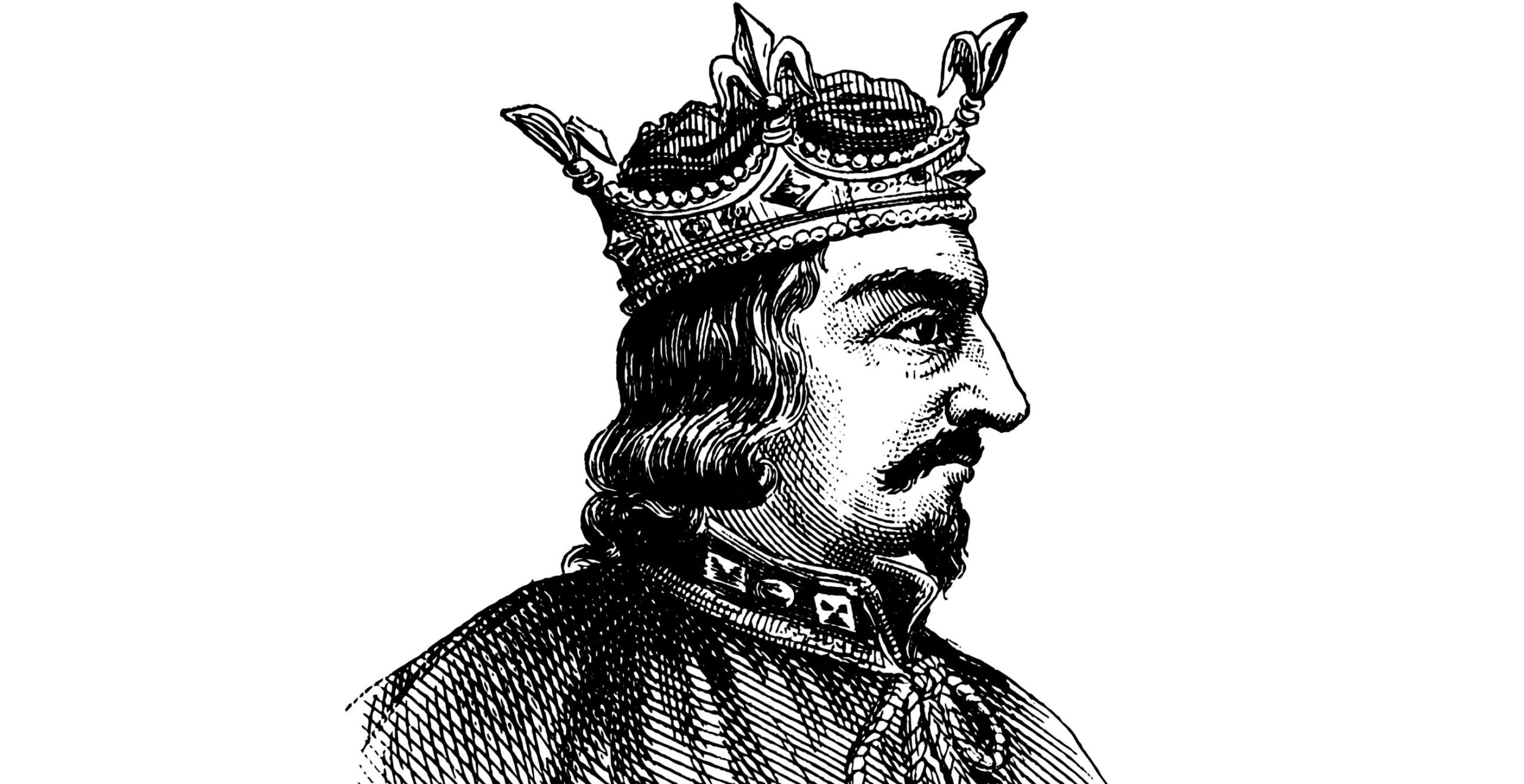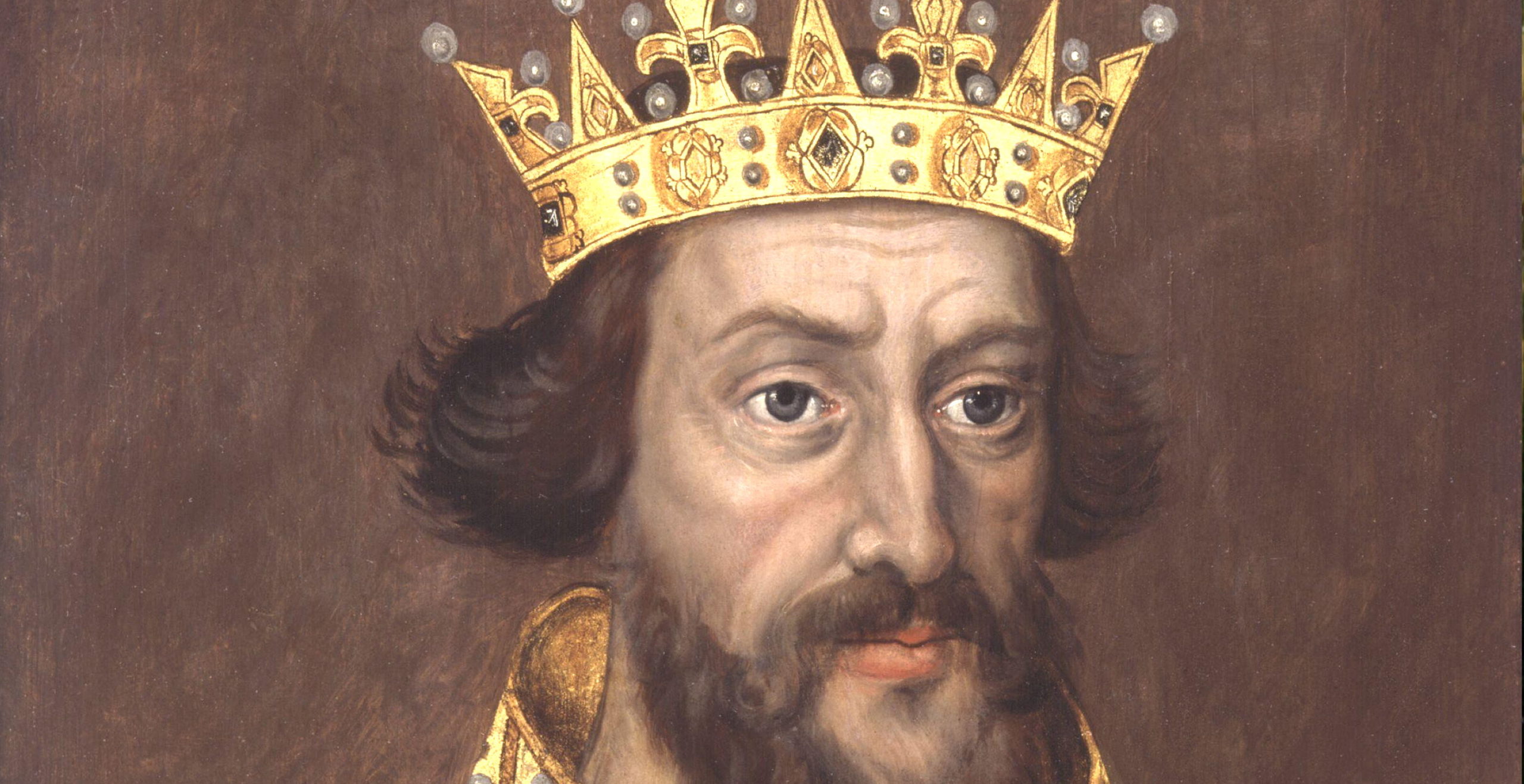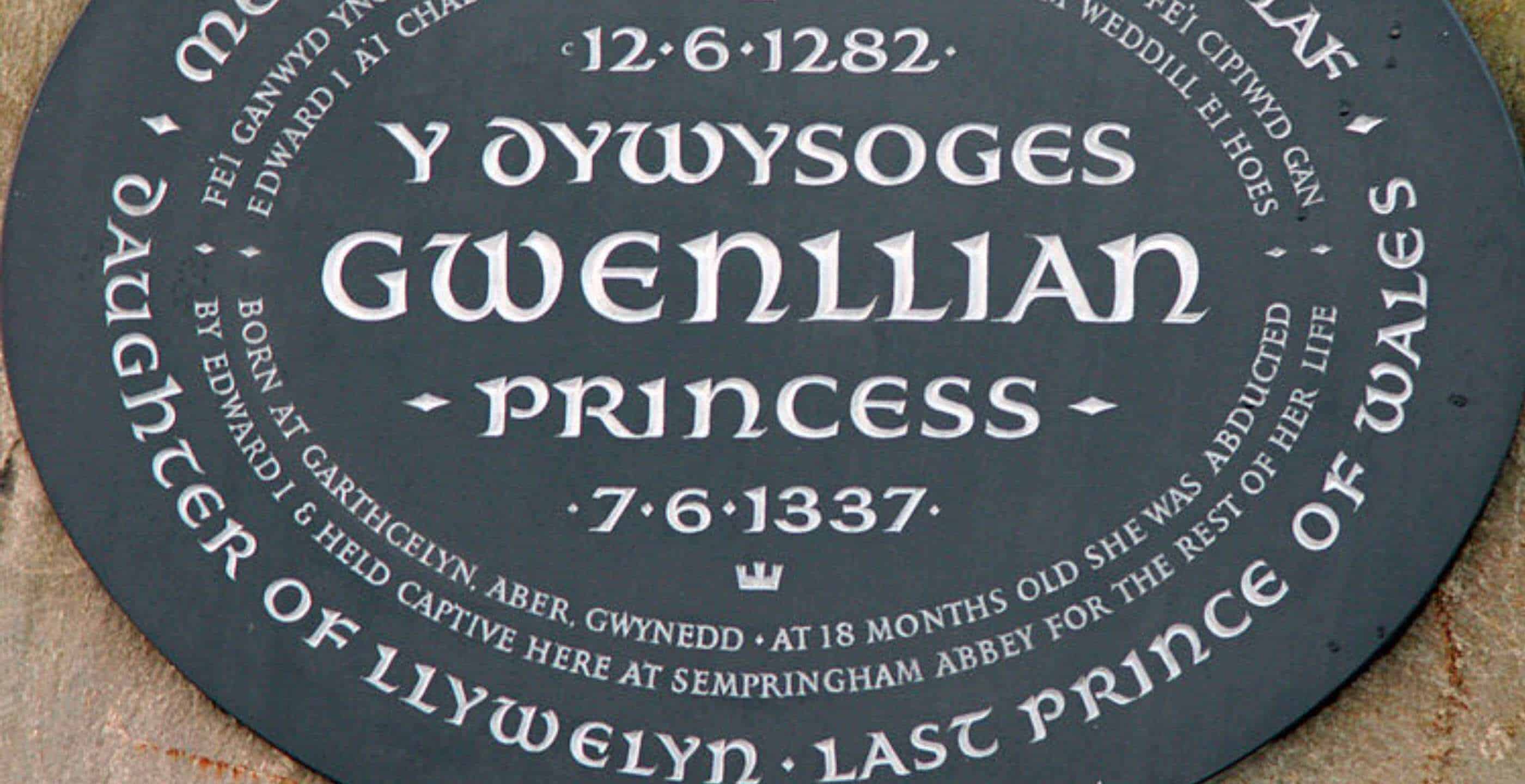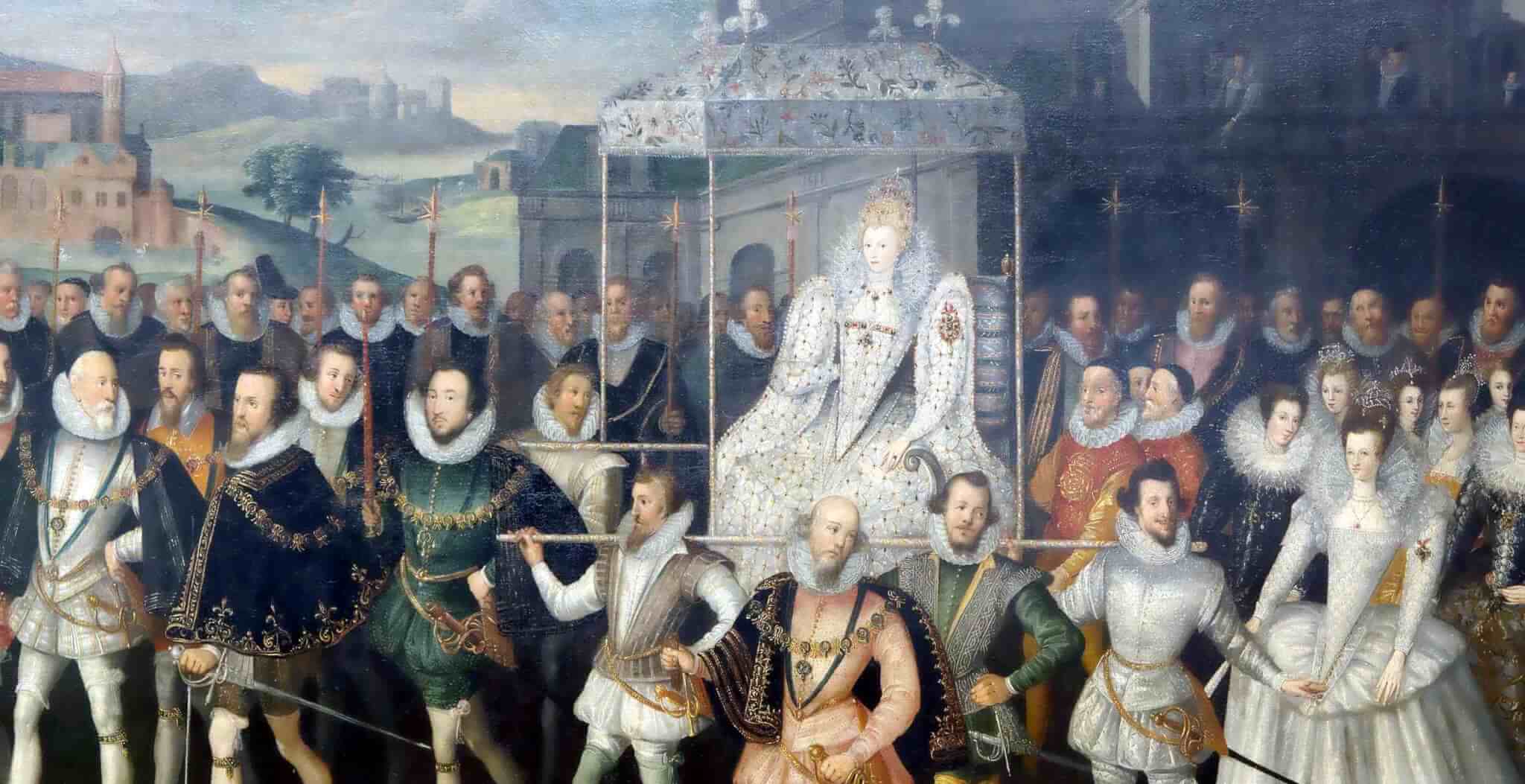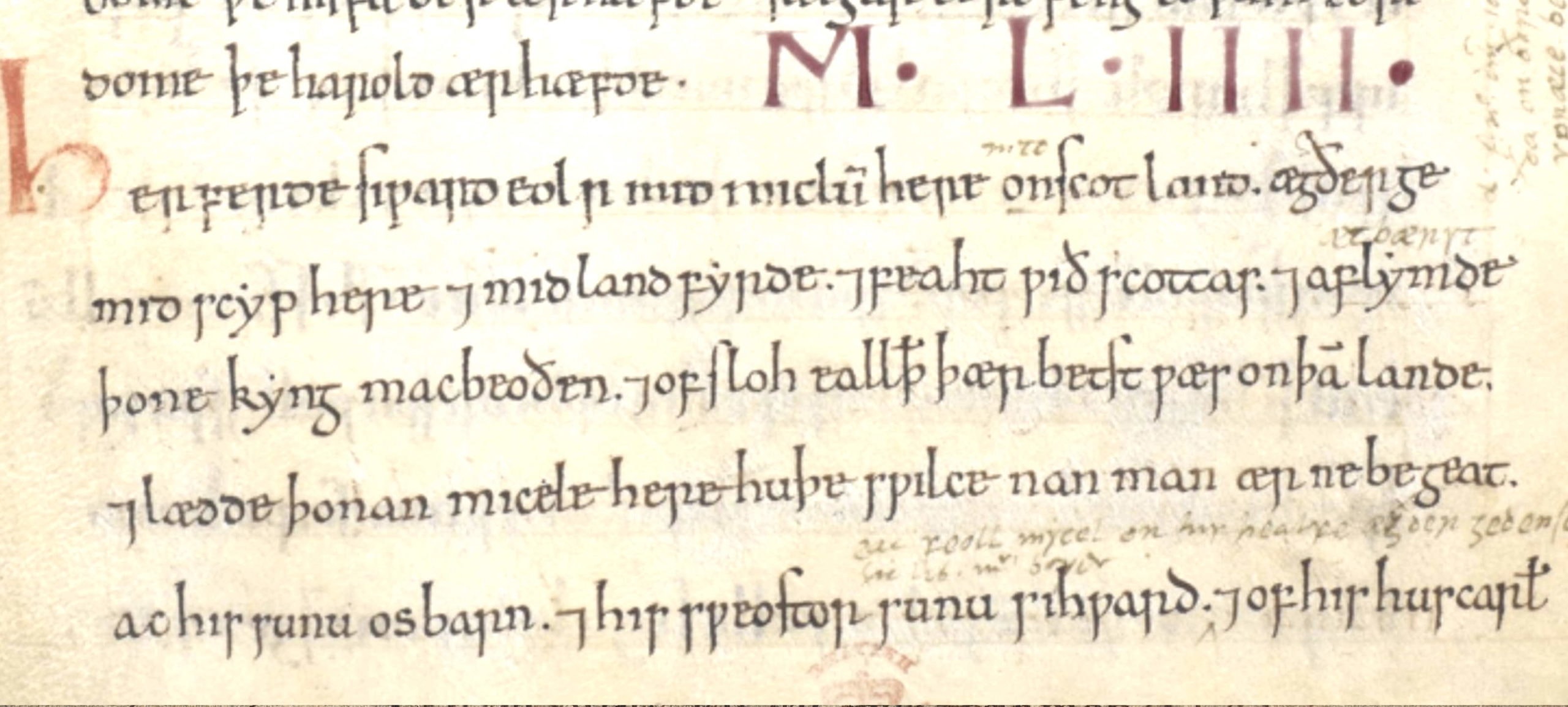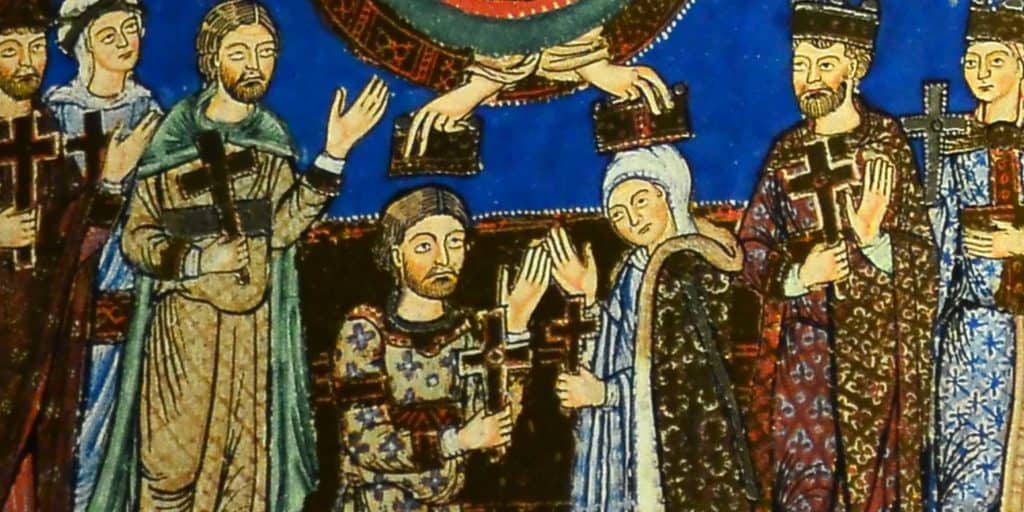In 1135 Henry I’s death sparked off a succession crisis leading to a period known as The Anarchy which came to a head during the reign of Stephen of Blois.
Stephen was crowned King of England on the 22nd December 1135, usurping his cousin and royal contender to the throne, Empress Matilda. As the daughter of Henry I she had expected to be queen, an arrangement already made clear by her father before his death.
In the meantime, Henry I’s nephew, Stephen of Blois threw his hat into the ring, with the support of his brother, Henry of Blois who was also the Bishop of Winchester. Stephen, Matilda’s cousin, took the necessary steps to seize the crown, a task that could not have been easily achieved if it wasn’t for the support of the English Church and those in court.
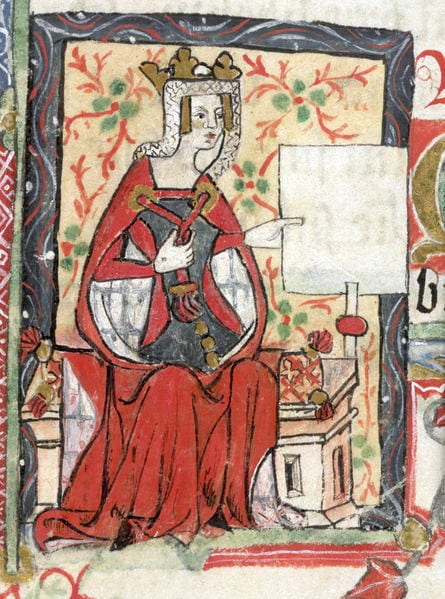
Stephen was Henry’s nephew, born around 1097 in Blois: his mother was Adela, daughter of William the Conqueror. His father, Count Stephen-Henry of Blois had died whilst on Crusade, leaving young Stephen to be raised by his mother. He was soon sent to England to be part of Henry I’s court, a decision that would lead to great personal advancement and achievement for Stephen who flourished in such a setting.
He was thought to be a pleasant looking man with an agreeable character, who soon fell into Henry’s good books for his part in the Battle of Tinchebray which had helped to secure Henry’s control of Normandy. Henry subsequently knighted Stephen and developed a good relationship with his nephew.
Stephen went on to make a good marriage to Matilda of Boulogne, inheriting further estates and earning for himself a new title, that of Count of Boulogne. As a couple, they were one of the wealthiest in the land.
Meanwhile, tragedy struck in 1120 when the White Ship sank in the English Channel, killing William Adelin, the rightful heir to Henry’s throne.
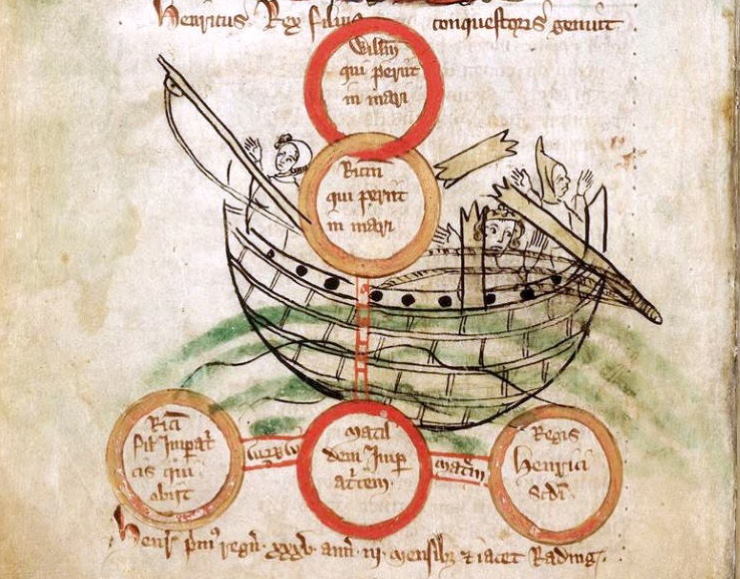
Such a tragedy initiated chaos in the royal court with the question of succession needing to be addressed. Henry I however soon made clear to the leading lords and bishops of the land that he wished his daughter Matilda to take the crown upon his death.
He made his court, including Stephen, swear an oath of loyalty to her and also arranged a marriage for her to Geoffrey of Anjou. Despite making his wishes clear, those in the royal court did not look favourably on the choice. Not only was she a woman but her husband was also a traditional rival of Normandy; such a choice would be met by fierce opposition from the barons.
Such contention did indeed arise in December 1135 when Henry I’s death left succession open to challenge. Stephen seized his moment: he was crowned king in the same year, with the most important members of the court and Church welcoming his appointment.
Fortunately for Stephen, much of the nobility was on his side and thus it did not take much persuading to have support for his coronation. The imposition of having a female ruler was felt strongly by those in court who subsequently pledged their support for Stephen as king.
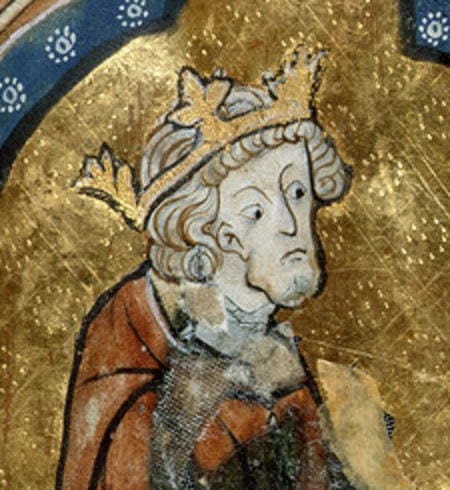
He soon took the necessary steps to consolidate his rule, however with threats to his new regime looming and Matilda’s claim to the throne remaining ever present, Stephen’s time as monarch ushered in a wave of social unrest, political fragmentation and the breakdown of law and order, which became known as ‘The Anarchy’.
Whilst Stephen served as reigning monarch, his personality was noticeably different to that of his predecessor. Recorded as having a rather affable personality, his inability to make tough decisions inevitably led to chaos during his reign as the nobility were able to exploit his weak leadership for their own gain.
During this period the robber barons became greedy, building unlicensed castles and ruling their local populace with an iron fist.
This was a time of great social upheaval, as documented by the Anglo-Saxon Chronicle:
‘In the days of this King there was nothing but strife, evil and robbery, for quickly the great men who were traitors rose against him.’
He chose to appoint new earls which did not enhance his position and merely irritated the nobles already in court.
Whilst social problems mounted, the challenge to the throne remained contested, with civil war in England and Normandy lasting from the beginning to the end of his reign.
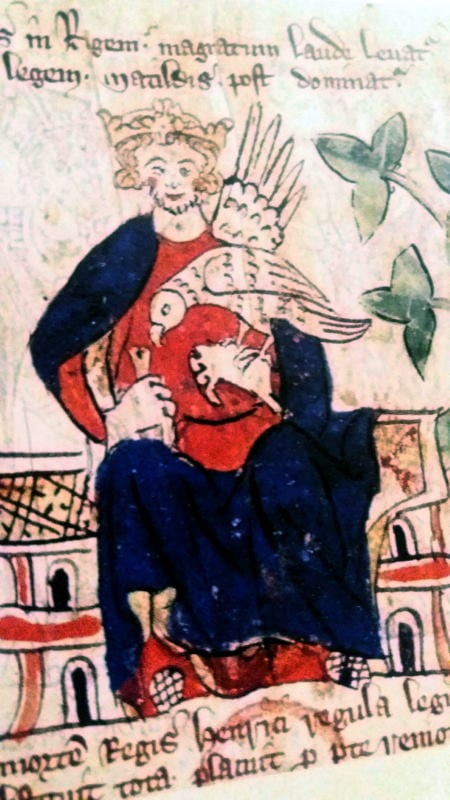
Stephen had managed to secure some early victories, despite facing attacks from a number of different groups including the Welsh rebels and David I of Scotland, Empress Matilda’s uncle.
Matilda remained understandably enraged by his betrayal. In 1138, her illegitimate half-brother Robert of Gloucester challenged Stephen.
In 1139, with the support of her half-brother Robert of Gloucester and her uncle, King David I of Scotland, Empress Matilda and her forces invaded England. Meanwhile, her husband, Geoffrey, Count of Anjou concentrated his efforts on Normandy.
The rebellion soon took hold in the south-west of England whilst Stephen retained control over the south east. However it was at the Battle of Lincoln in February 1141 where Stephen found himself most vulnerable.
In the lead up to the battle, Stephen had besieged Lincoln Castle however they soon found themselves under attack from an Angevin army under the command of Robert, the 1st Earl of Gloucester and supported by Welsh soldiers led by Lord of Powys, Madog ap Maredudd and Cadwaladr ap Gruffydd.
The Angevin knights launched their charge against the earls whilst the Welsh section of Matilda’s army were routed by Earl Ranulf. Nevertheless, it became clear that the earls were outmanoeuvred and outnumbered, finding themselves surrounded. After fierce fighting on both sides and blood spilling out onto the streets, Stephen’s army was overwhelmed and he was captured and taken to Bristol where he was imprisoned.
For a short while, his imprisonment marked his deposition as king however Matilda’s claim to the throne was not secure, as she faced bitter opposition from the people of London. It was made abundantly clear that she was not welcome and thus the formality of being declared queen never occurred, instead she was titled, Lady of the English.
Fortunately for Stephen, by the following September and thanks to his military commander, William of Ypres and his wife Matilda of Boulogne, he was set free. Stephen’s military men had managed to capture Robert of Gloucester at the Rout of Winchester, enabling a bargain to be brokered, swapping Robert for Stephen and therefore dashing Matilda’s hopes for ascendancy.
Whilst Stephen had his release secured, the war itself continued for several years with both sides unable to initiate significant defeats against the other.
With Matilda banished from Westminster, she had reassembled her base in Oxford which had good city walls and rivers protecting it.
The civil war raged on with neither side making decisive victories, leading Stephen in September 1142 to make an attempt to gain the upper hand during the Siege of Oxford. With his troops in tow, Stephen launched a surprise attack on Matilda and her small army, leading many to retreat to the castle where he laid siege for a further three months, knowing that he would be able to force her out.
However one dark chilly winter evening Matilda managed to sneak out of the castle, dressed in white to blend into the surrounding snow; she fled from the castle across the frozen River Thames and made it to safety.
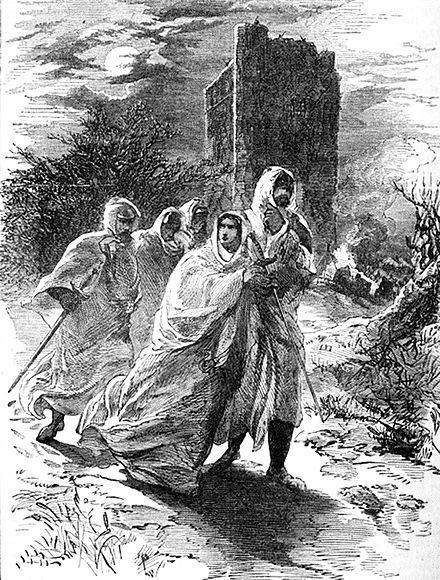
Such a daring escape concluded the siege of the castle which surrendered the following day. Such warfare however continued for the next decade, with Stephen retaining his crown whilst his rival Matilda reluctantly returned to Normandy in 1148.
With both sides struggling to gain the advantage, Matilda summoned her son Henry Plantagenet, known as Henry Fitz Empress, to England in order to fight for her claim to the throne.
Whilst Stephen never did relinquish his crown, perhaps Matilda had the last laugh as her son, Henry, was to succeed Stephen after his own son Eustace died.
Under the Treaty of Wallingford, Stephen agreed that Henry was to be the new king and in October 1154 after Stephen’s death, Henry became Henry II, the first of the Angevin kings.
Jessica Brain is a freelance writer specialising in history. Based in Kent and a lover of all things historical.
